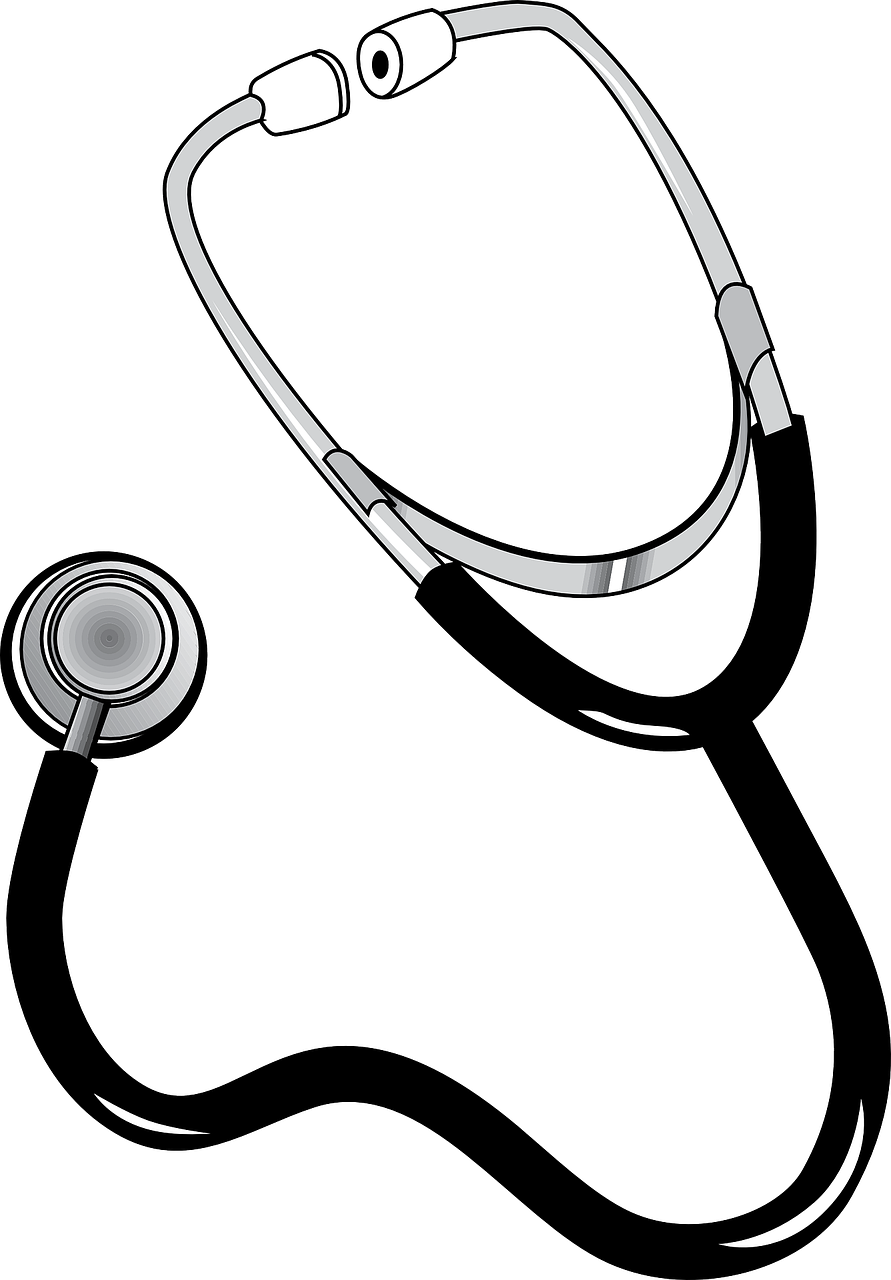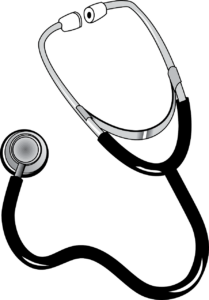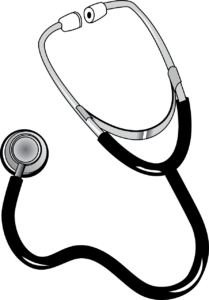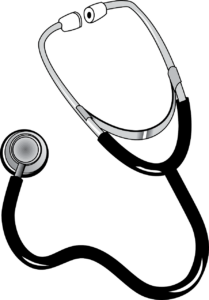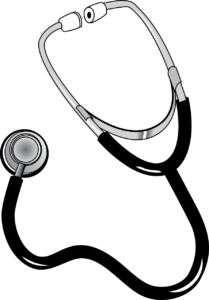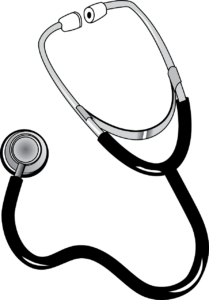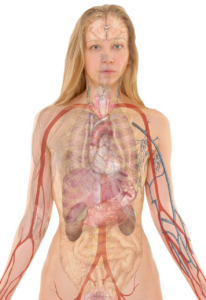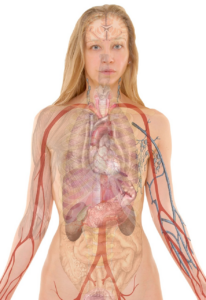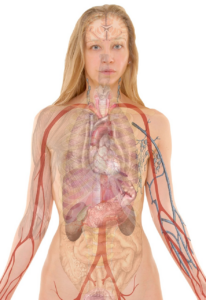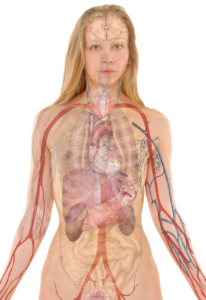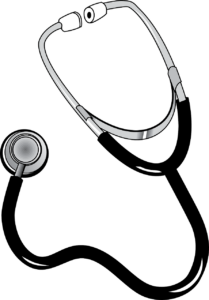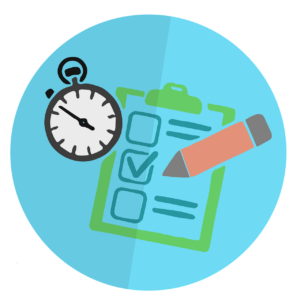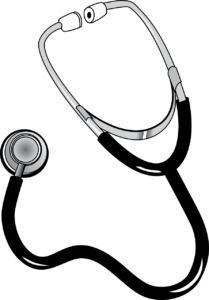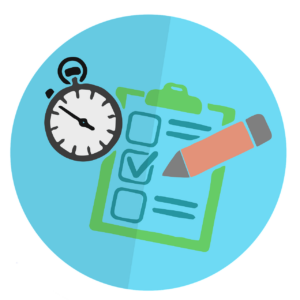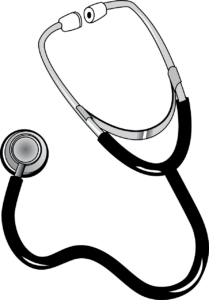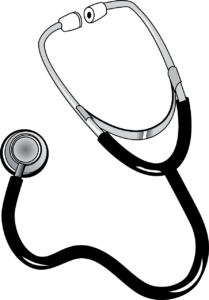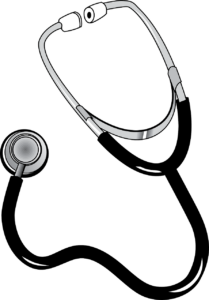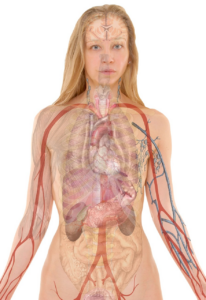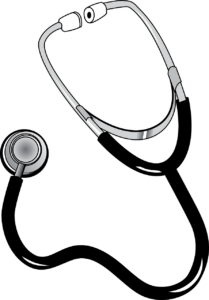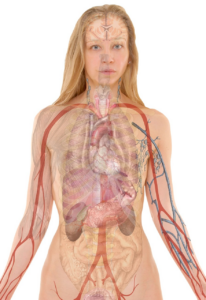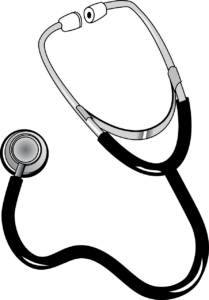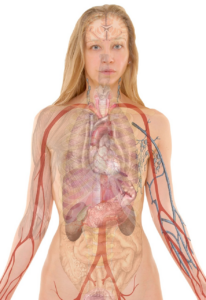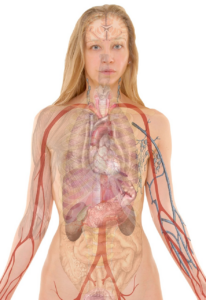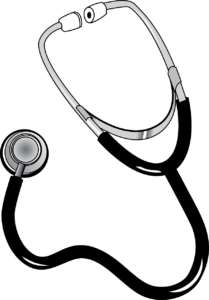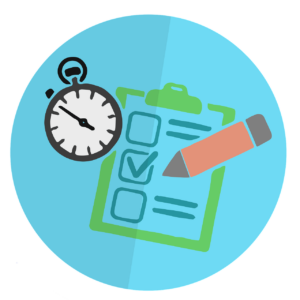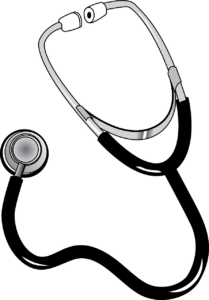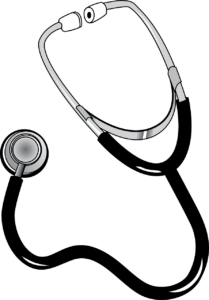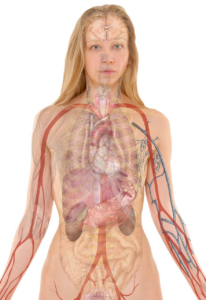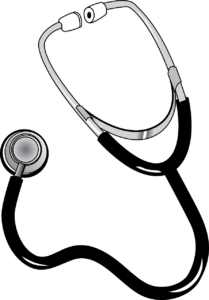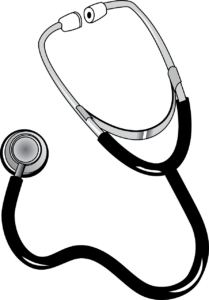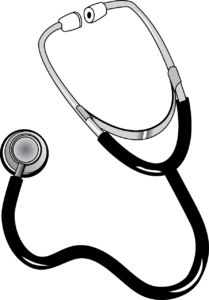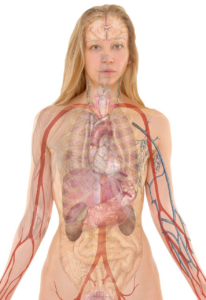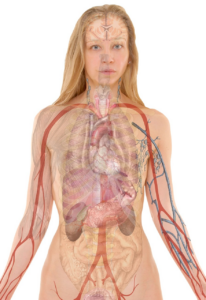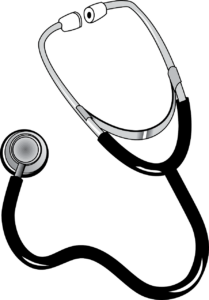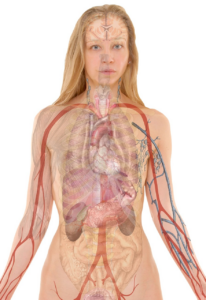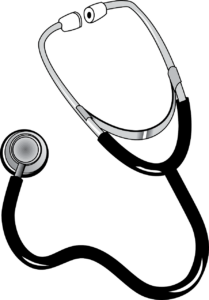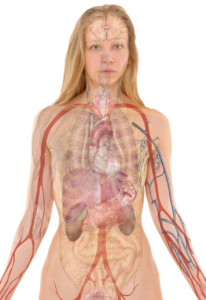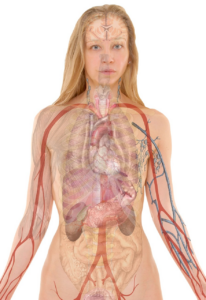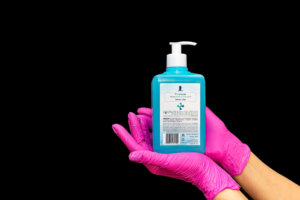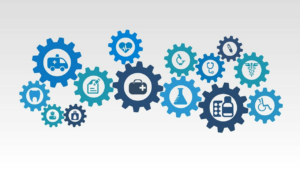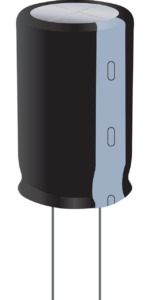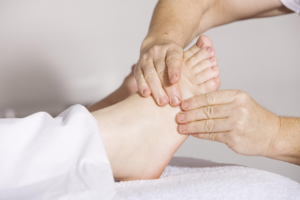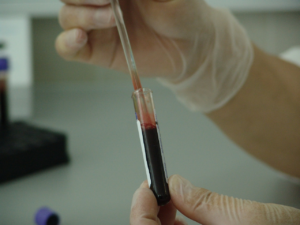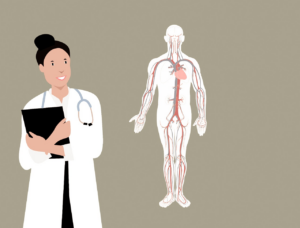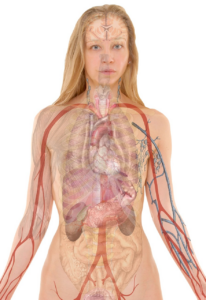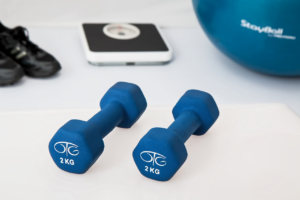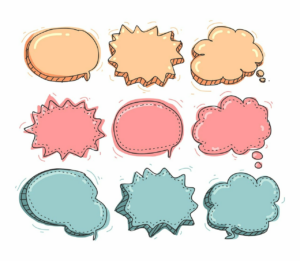Are you preparing for your Nursing Fundamentals Exam 1? This comprehensive study guide is here to help you succeed.
As a nursing student, you know that this exam covers a wide range of topics, from patient care to medication administration. With so much information to remember, it can be overwhelming to study for this exam. That’s why we’ve created this guide to help you focus your studying and feel confident on exam day.
In this guide, you’ll find an overview of the Nursing Fundamentals Exam 1 and its content areas. We’ll cover patient care, infection control, and medication administration in depth, providing you with the knowledge and skills you need to excel on this exam.
We’ll also include practice questions throughout the guide to help you test your understanding of the material. With our tips for success, you’ll be well on your way to achieving a passing score on the Nursing Fundamentals Exam 1.
Key Takeaways
- Nursing Fundamentals Exam 1 covers patient care, infection control, and medication administration.
- Effective communication and assessment skills are crucial to patient care.
- Proper hand hygiene and wearing PPE are essential for infection control.
- Medication administration requires double-checking medication orders and verifying patient information.
Overview of the Nursing Fundamentals Exam 1
You’re about to dive into the world of nursing fundamentals, and let me tell you, it’s going to be a wild ride.
The Nursing Fundamentals Exam 1 is the first step towards your journey as a nurse. This exam is designed to test your knowledge of the basic principles of nursing, including patient care, medical terminologies, and ethical and legal considerations.
The exam format typically consists of multiple-choice questions, with some questions requiring you to select the best answer, while others require you to identify the correct sequence of steps in a procedure.
To pass the Nursing Fundamentals Exam 1, you need to have a solid understanding of the test format and develop effective test-taking strategies.
One strategy is to read the questions carefully, paying attention to the keywords and phrases used. This will help you identify the relevant information and eliminate the irrelevant options.
Another strategy is to answer the easy questions first, then move on to the more difficult ones. This will help you build confidence and save time for the more challenging questions.
Remember, preparation is key to success, so make sure to study thoroughly and take practice exams to familiarize yourself with the exam format.
Patient Care
Caring for patients is an essential aspect of providing quality healthcare and should be approached with empathy and compassion. As a nurse, you should aim to establish an open and honest communication with your patients.
You can use effective communication techniques such as active listening, providing reassurance, and using appropriate body language to help your patients feel comfortable and at ease. This will help you understand their needs and concerns better, and enable you to provide them with the best possible care.
Assessment skills are also crucial when it comes to patient care. As a nurse, you should be able to assess your patients’ physical, emotional, and psychological needs.
This involves performing a thorough physical examination, observing their behavior, and asking them relevant questions about their health. By doing so, you can identify potential health problems early on and work towards preventing them from worsening.
Additionally, you can provide your patients with appropriate interventions and therapies that will help improve their quality of life. Ultimately, by developing your communication and assessment skills, you can ensure that your patients receive the best possible care and support.
Infection Control
Protect yourself and others by practicing proper hand hygiene and wearing personal protective equipment (PPE) when necessary to prevent the spread of infections. Hand hygiene is the most important and effective way to prevent the transmission of microorganisms. Always wash your hands before and after patient contact, before and after using gloves, and before and after eating or drinking. Use soap and water or an alcohol-based hand sanitizer if soap and water are not available. Make sure to clean all surfaces of your hands, including the backs, fingers, and nails.
Personal protective equipment (PPE) should be worn when there is a risk of exposure to blood or other bodily fluids, respiratory secretions, or airborne particles. Examples of PPE include gloves, masks, goggles, face shields, gowns, and respirators. Always follow proper donning and doffing procedures when using PPE to ensure that it is effective in protecting you and others. Remember to dispose of PPE properly after use and to wash your hands thoroughly. By following these simple steps, you can help prevent the spread of infections in healthcare settings.
| Hand Hygiene | Personal Protective Equipment (PPE) | Proper Use | ||
|---|---|---|---|---|
| Wash hands with soap and water or use an alcohol-based hand sanitizer | Wear gloves, masks, goggles, face shields, gowns, and respirators when necessary | Follow proper donning and doffing procedures | ||
| Clean all surfaces of hands, including backs, fingers, and nails | Dispose of PPE properly after use | Wash hands thoroughly after using PPE | Practice good hygiene habits, such as covering coughs and sneezes with a tissue or elbow, avoiding touching the face, and staying home when feeling unwell. |
Medication Administration
When administering medication, it’s important to double-check the medication order and verify patient information. This ensures that the right medication is given to the right patient in the right dose and at the right time.
Types of medications include oral, topical, injectable, and inhalation. Each medication has a different route of administration, which refers to how the medication is given to the patient. Routes of administration include oral, sublingual, buccal, intravenous, intramuscular, subcutaneous, transdermal, and inhalation.
Here are three important things to keep in mind when administering medication:
-
Always check the medication order and verify patient information before giving medication to prevent medication errors.
-
Be aware of the different types of medications and their routes of administration to ensure that the medication is given correctly.
-
Follow the six rights of medication administration: right patient, right medication, right dose, right route, right time, and right documentation.
Practice Questions
Answering practice questions is an effective way to reinforce knowledge and ensure readiness for administering medication. When preparing for the NCLEX exam, it’s important to review nursing skills and concepts related to medication administration.
By practicing with questions that cover a range of topics such as dosage calculations, medication interactions, and adverse effects, you can identify areas where you need further review and adjust your study plan accordingly.
In addition, practicing with medication administration questions can help you develop critical thinking skills that are essential for nursing practice. As you work through scenarios and answer questions about medication administration, you can learn how to identify potential problems, prioritize patient needs, and make informed decisions about appropriate interventions.
By incorporating practice questions into your NCLEX preparation, you can build confidence and improve your overall performance on the exam.
Tips for Success
To ace your medication administration skills, you’ll want to follow these tips for success.
First and foremost, time management is crucial. You need to make sure you have enough time to review the material and practice before the exam. Make a study schedule and stick to it. Set aside specific times to review each topic and take breaks in between to avoid burnout.
Next, it’s important to address test anxiety. Many nursing students struggle with test anxiety, which can negatively impact their performance on exams. To combat this, try practicing relaxation techniques such as deep breathing or meditation before the exam.
Additionally, make sure to get a good night’s sleep and eat a healthy meal before the test to help reduce stress levels.
Finally, remember to stay positive and confident in your knowledge and abilities. With these tips, you’ll be well on your way to acing your nursing fundamentals exam.
- Make a study schedule and stick to it
- Practice relaxation techniques to reduce test anxiety
- Get a good night’s sleep and eat a healthy meal before the exam
Frequently Asked Questions
How long is the Nursing Fundamentals Exam 1?
If you’re wondering how long the nursing fundamentals exam is, it typically takes around 2-3 hours to complete. However, this can vary depending on your individual testing center and any accommodations you may require.
To prepare for the exam, it’s important to study regularly and consistently. Start by reviewing your notes and class materials, and consider using study guides or practice exams to help reinforce your knowledge. Additionally, make sure to get plenty of rest and eat a nutritious meal before the exam to help ensure that you’re focused and alert.
Remember to take breaks as needed during the exam to help prevent fatigue and maintain your concentration.
What is the passing score for the Nursing Fundamentals Exam 1?
To pass the nursing fundamentals exam 1, you need to achieve a specific passing score that is determined by the testing institution. The exam duration can also vary depending on the testing center and the specific version of the exam you’re taking.
Generally, nursing fundamentals exams are known to be challenging, and it’s important to prepare thoroughly to increase your chances of success. Some preparation tips include reviewing course materials, studying with a group or a tutor, taking practice exams, and ensuring that you’re well-rested and focused on the day of the exam.
By following these tips and putting in the necessary effort, you can increase your chances of passing the nursing fundamentals exam 1 and moving forward in your nursing career.
Are there any prerequisites for taking the Nursing Fundamentals Exam 1?
Before taking any exam, it’s important to know whether you are eligible to sit for it. The nursing fundamentals exam 1 is no exception.
To be eligible to take the exam, you must first complete the prerequisites required by your nursing program. These prerequisites may vary from program to program, but typically include courses in anatomy and physiology, microbiology, and nutrition.
Once you have completed these courses, you can then register for the exam. The exam format typically consists of multiple-choice questions and is timed. The time limit may also vary depending on the program.
It’s important to prepare adequately for the exam and to familiarize yourself with the exam format and time limitations.
How often can one retake the Nursing Fundamentals Exam 1 if they fail?
If you fail an exam, you may be wondering how often you can retake it. The retaking frequency depends on the specific exam and the rules set by the governing body.
However, before retaking the exam, it’s important to evaluate your exam preparation techniques. Consider reviewing your study habits, seeking additional resources, and seeking guidance from a tutor or mentor. It may also be helpful to review the exam content and format to better prepare for the retake.
Remember to stay motivated and persistent in your efforts to succeed on the exam.
Is the Nursing Fundamentals Exam 1 the same for all nursing programs and schools?
The Nursing Fundamentals Exam 1 may differ across nursing programs and schools. It’s important to note that the content of the exam could vary depending on the curriculum of the program.
Some nursing programs may choose to focus on different areas of nursing fundamentals, which could lead to slight differences in the exam content. It’s essential to compare the exam content across different schools to ensure that you’re studying the relevant material.
Therefore, it’s crucial to research the nursing programs you’re interested in and the exam content they offer to prepare adequately for the Nursing Fundamentals Exam 1.
Conclusion
Congratulations! You’ve completed your comprehensive study guide for the Nursing Fundamentals Exam 1.
You now have a solid understanding of patient care, infection control, medication administration, and have practiced with sample questions.
Remember, the key to success on the exam is not only knowledge, but also test-taking strategies. Be sure to read each question carefully, eliminate obvious wrong answers, and use your critical thinking skills to select the best option.
Additionally, take advantage of the tips provided and approach the exam with a calm and confident mindset.
With your hard work and preparation, you’re well on your way to acing the Nursing Fundamentals Exam 1. Best of luck to you in your nursing career!




